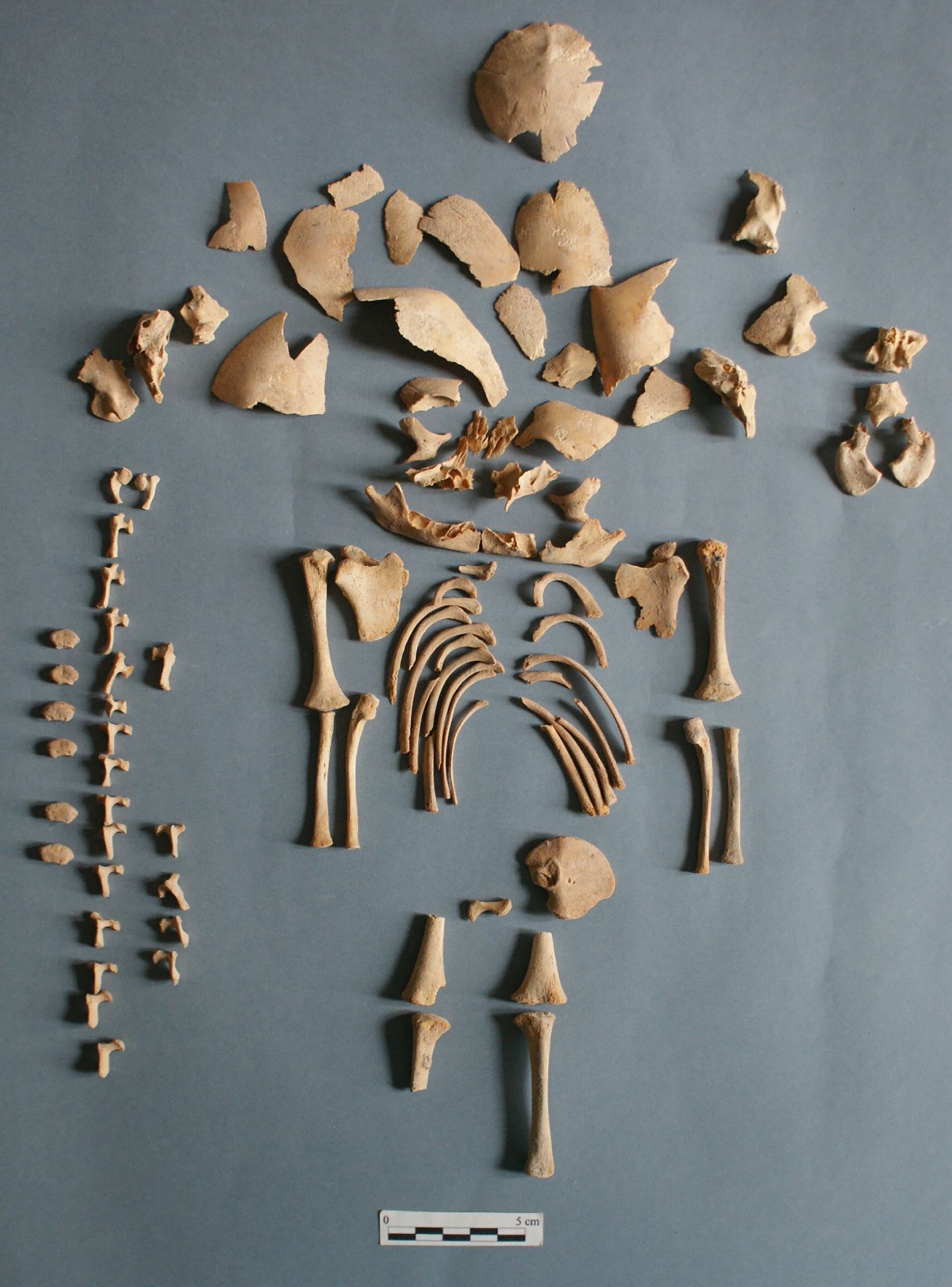from recreationalplacebos@midwest.social to archaeology@mander.xyz on 20 Feb 2024 21:34
https://midwest.social/post/8901750
For many years, researchers at MPI-EVA have been collecting and analyzing ancient DNA from humans who lived during the past tens of thousands of years. Analyzing these data has allowed the researchers to trace the movement and mixing of people, and even to uncover ancient pathogens that affected their lives. However, a systematic study of uncommon genetic conditions had not been attempted. One of those uncommon conditions, known as Down syndrome, nowadays affects around one in 1,000 births.
To their surprise, Adam “Ben” Rohrlach and colleagues identified six individuals with an unusually high number of DNA sequences from Chromosome 21 that could only be explained by an additional copy of Chromosome 21. The work has been published in Nature Communications.
One case from a church graveyard in Finland was dated to the 17th to 18th century. The remaining five individuals were much older: dating to between 5,000 and 2,500 years before present, they were found at Bronze Age sites in Greece and Bulgaria, and Iron Age sites in Spain. In all cases, the researchers were able to obtain a wealth of additional information about the remains and the burials.

threaded - newest